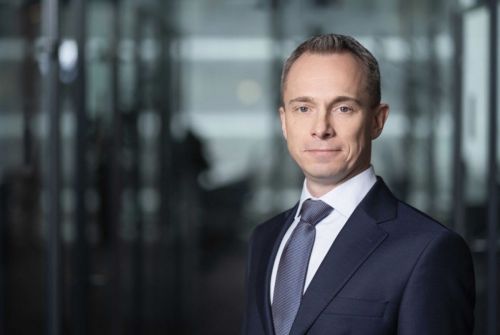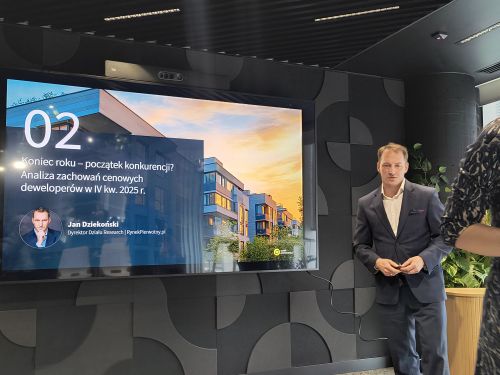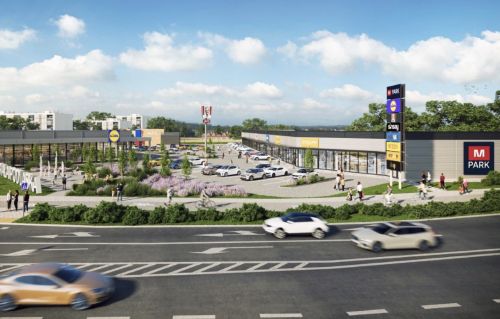The meeting was opened by Simon Wallace, the vice-president and head of research for Europe of Deutsche Asset & Wealth Management, who started with a presentation of the company’s ‘European Real Estate Investment and Outlook – Poland’ report. According to this publication, the macroeconomic indexes remain promising for Poland. An expected increase in employment is set to have a significant impact on tenant activity in terms of space leased. This is in line with the beginnings of a stronger revival of the economy and increased employment across Europe that have been forecast and are already apparent. Meanwhile, in the second half of this year there was also a fall in office rents compared to the same period of the previous year. This situation is expected to continue into the long term. In the ranking of cities, Warsaw’s rents decreased the most together with those in Prague and Düsseldorf. Investor interes


























































